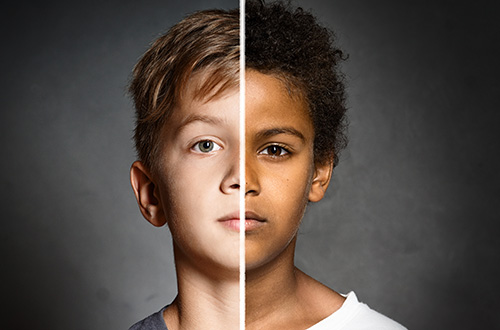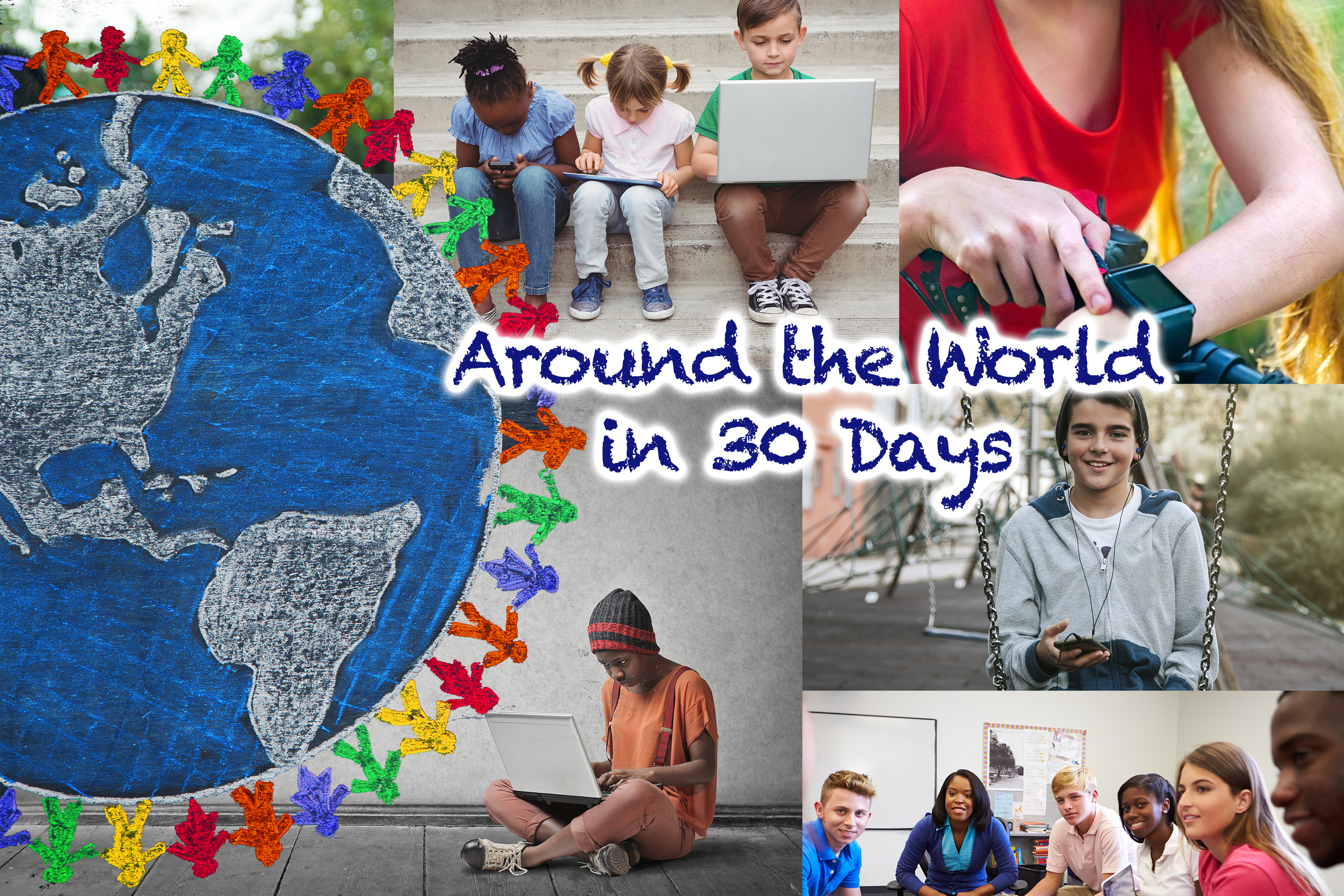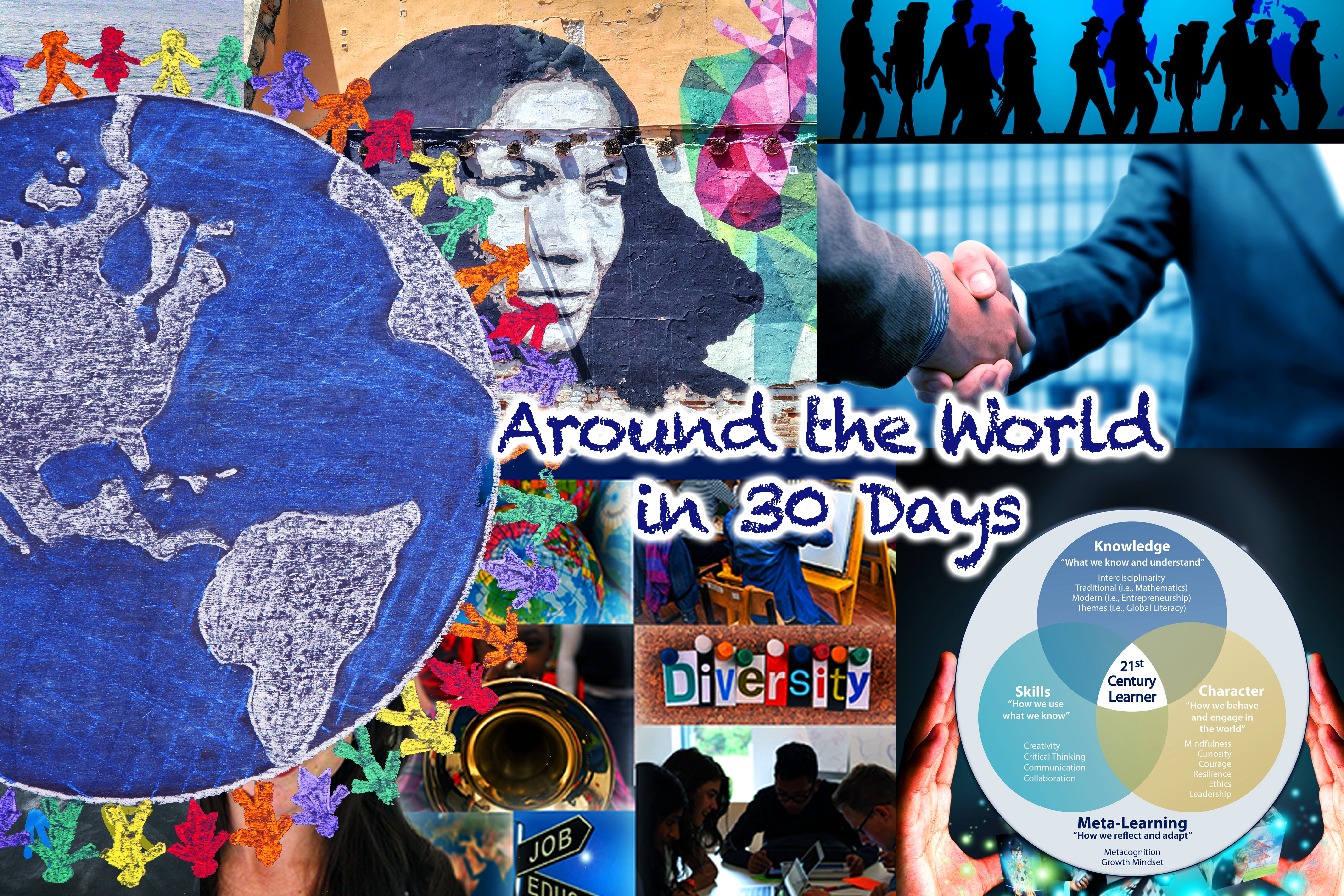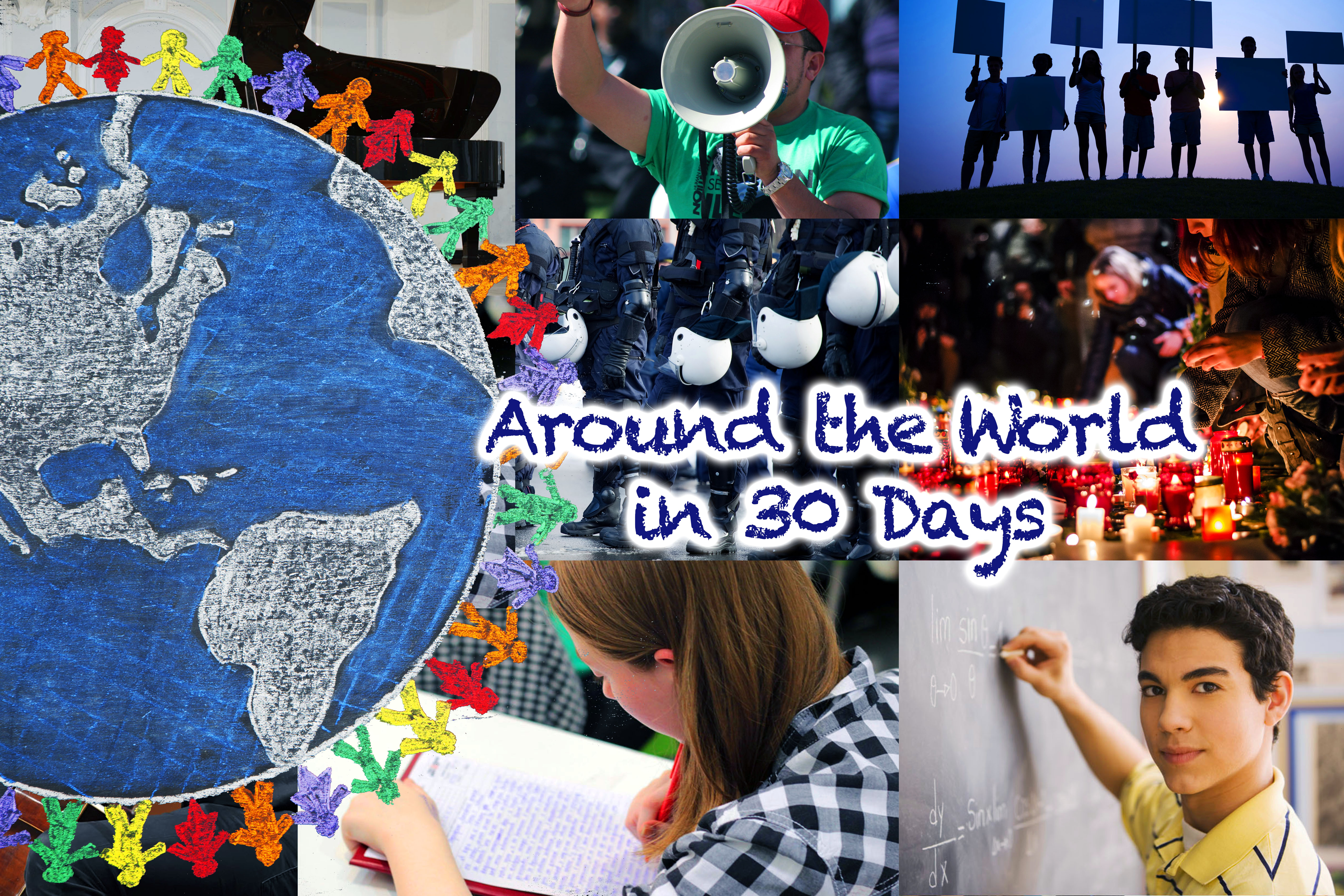H. Richard Milner is a professor, noted researcher and expert on race in education at the University of Pittsburgh. Milner believes that “education is the key to addressing inequity and racism in society” and if we are not “working in education to combat racism, we are complicit in maintaining inequity and the status quo.” Are teachers prepared and willing to take this on? Milner notes that teachers “can struggle with tools to advance justice-centered curriculum and instructional opportunities that work against racism” and therefore education programs for teachers must support them “in developing knowledge and skills in ways that centralize race so that students can examine both localized and global perspectives and worldviews.” Additionally, school administrators and policies must be in place that “advance agendas that encourage and expect race-central learning opportunities and especially discourse.” Beyond these stakeholders, Milner recommends that students, community members, families and parents be part of the learning discourse “providing perspectives about their own worlds and experiences.”
This month we opened up the conversation on racism in education to our global Millennial Bloggers. The Millennial Bloggers are based all over the world. They are innovators in entrepreneurship, journalism, education, entertainment, health and well-being and academic scholarship. We asked them: Do we need to talk more about racism in Education?
“When I was 14, in our first class of Literature in English, I remember our teacher saying, rather solemnly, that our subject is called Literature in English, rather than English Literature,” writes Bonnie Chiu. “It was a moment of enlightenment for me. It instilled in me this critical mindset, this yearning to challenge the status quo; and it gave me a sense of agency.” Read: My Personal Journey in Unlearning Race and Privilege.
“We can’t afford to defer the conversation about white supremacy for even a single moment longer. It has proven itself to be the most obstinate social institution in the entire history of America,” writes Francisco Hernandez. “How could we even possibly think we could fight something so tough if we can’t even talk about what it means to fight it?” Read: Race and Education in America.
“Any nation that can stomach the principle of caste, which is the most brutal ‘classification’ of human beings based on birth anywhere in the world, cannot help but differentiate, and differentiate repeatedly, on the basis of every parameter society can construct in a desperate and insular bid to separate ‘us’ from ‘them’,” writes Harmony Siganporia. “Nothing short of critical pedagogical interventions which would overhaul what we consider to be the very purpose of our educational system, and the resources to channel these interventions into more meaningful curricular design, can help us change these terms of engagement.” Read: Why We’re Broken.
“Textbooks were created by people who lived in a racist society,” writes Jacob Navarrete. “I’m telling you there are better tools. I’d be happy to help you learn how to use them. There is a big world to build outside the cave and we could use your help. It might hurt at first, just like the light does when you exit a dark cave.” Read: Peculiar Flames Flickering.
“Racism cannot be explained or understood properly without incorporating a discussion about privilege,” writes Dominique Dryding. “Until educational institutions take the lived experiences of their student bodies seriously and recognize that racism does not only include name calling and physical exclusion, racism in schools and universities will not end.” Read: …But my Parents Worked Hard.
Guest Blogger Salathia Carr writes, “Racism is not something that can be swept under the rug. After so much sweeping, your rug becomes distorted. People have become so desensitized regarding racism and injustices because they truly do not know what it is like. Judgment is very easy to make when you’re not living that way. But, if we force discussions about inequality from the very first history class we take, you cannot avoid it.” Read: When Was Your First Talk About Racism?
The Millennial Bloggers are Alusine Barrie, Sajia Darwish, Kamna Kathuria, Jacob Deleon Navarrete, Reetta Heiskanen, Shay Wright, Isadora Baum, Wilson Carter III, Francisco Hernandez, Erin Farley, Dominique Alyssa Dryding, Harry Glass, Harmony Siganporia and Bonnie Chiu.
(All Photos are courtesy of CMRubinWorld)
Join me and globally renowned thought leaders including Sir Michael Barber (UK), Dr. Michael Block (U.S.), Dr. Leon Botstein (U.S.), Professor Clay Christensen (U.S.), Dr. Linda Darling-Hammond (U.S.), Dr. MadhavChavan (India), Professor Michael Fullan (Canada), Professor Howard Gardner (U.S.), Professor Andy Hargreaves (U.S.), Professor Yvonne Hellman (The Netherlands), Professor Kristin Helstad (Norway), Jean Hendrickson (U.S.), Professor Rose Hipkins (New Zealand), Professor Cornelia Hoogland (Canada), Honourable Jeff Johnson (Canada), Mme. Chantal Kaufmann (Belgium), Dr. EijaKauppinen (Finland), State Secretary TapioKosunen (Finland), Professor Dominique Lafontaine (Belgium), Professor Hugh Lauder (UK), Lord Ken Macdonald (UK), Professor Geoff Masters (Australia), Professor Barry McGaw (Australia), Shiv Nadar (India), Professor R. Natarajan (India), Dr. Pak Tee Ng (Singapore), Dr. Denise Pope (US), Sridhar Rajagopalan (India), Dr. Diane Ravitch (U.S.), Richard Wilson Riley (U.S.), Sir Ken Robinson (UK), Professor Pasi Sahlberg (Finland), Professor Manabu Sato (Japan), Andreas Schleicher (PISA, OECD), Dr. Anthony Seldon (UK), Dr. David Shaffer (U.S.), Dr. Kirsten Sivesind (Norway), Chancellor Stephen Spahn (U.S.), Yves Theze (LyceeFrancais U.S.), Professor Charles Ungerleider (Canada), Professor Tony Wagner (U.S.), Sir David Watson (UK), Professor Dylan Wiliam (UK), Dr. Mark Wormald (UK), Professor Theo Wubbels (The Netherlands), Professor Michael Young (UK), and Professor Minxuan Zhang (China) as they explore the big picture education questions that all nations face today.
The Global Search for Education Community Page
C. M. Rubin is the author of two widely read online series for which she received a 2011 Upton Sinclair award, “The Global Search for Education” and “How Will We Read?” She is also the author of three bestselling books, including The Real Alice in Wonderland, is the publisher of CMRubinWorld and is a Disruptor Foundation Fellow.
Follow C. M. Rubin on Twitter: www.twitter.com/@cmrubinworld







Recent Comments